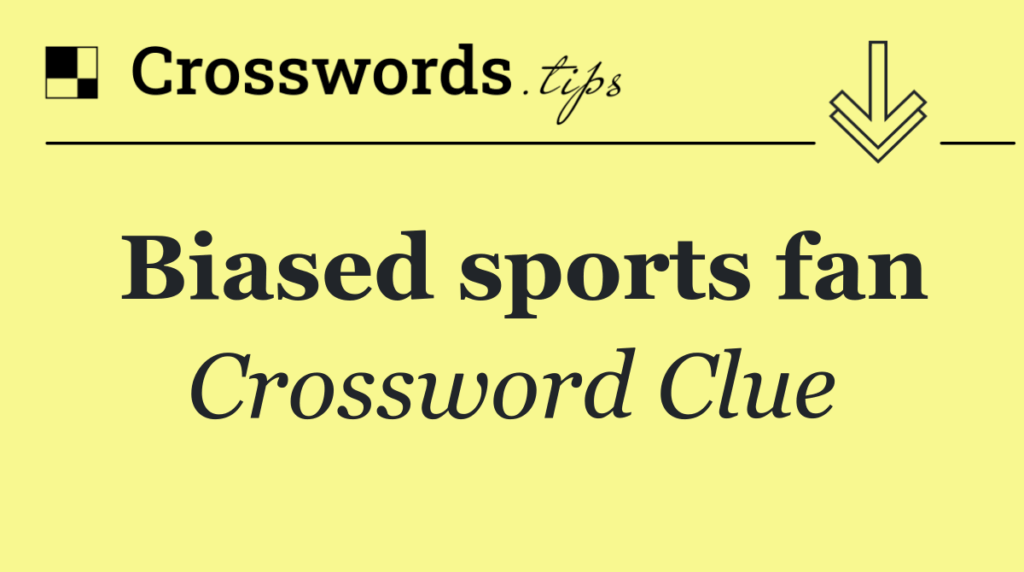
Introduction
In the world of sports, fans often express their loyalty to their teams with unwavering passion. However, the phenomenon of biased sports fans has drawn attention for its profound impact on team dynamics, inter-team rivalries, and even sports discourse. Understanding the implications of fan bias is essential for fostering a more balanced sports culture, where healthy competition and respectful discourse take precedence over hostility.
The Definition of Biased Sports Fans
Biased sports fans are individuals who display an unwavering allegiance to their favorite teams, often disregarding facts or the achievements of rival teams. This bias can manifest in various forms, including hostile behavior towards opposing teams, dismissive attitudes towards opposing players, and a tendency to overrate their own team’s abilities while underestimating others. Such partisanship can create a charged atmosphere, especially at games or in sports discussions.
Recent Trends in Fan Bias
Recent evidence suggests fan bias has intensified over the past decade, especially through social media platforms. According to a study by the Sports Marketing Research Institute, approximately 65% of fans admit to being biased towards their teams, with social media acting as a catalyst for exaggerated expressions of loyalty. In the 2023 NFL season, for example, fan interactions on platforms like Twitter and Instagram revealed a sharp rise in heated exchanges between rival fan bases, amplifying negativity and hostility.
The Psychological Factors Behind Fan Bias
Psychologically, fan bias is rooted in the need for community and identity. Fans associate their self-worth and social identity with their teams’ successes, and this can lead to an emotional attachment that blinds them to objective assessments. This phenomenon is particularly evident during major events like the Stanley Cup Finals or the Super Bowl, where fan passion peaks, often resulting in aggressive behavior and divisive conversations.
Conclusion: Moving Towards Positive Fan Engagement
While biased sports fandom is a long-standing element of sports culture, it is crucial for fans to recognize the importance of balance and objectivity. Acknowledging the strengths of rival teams and players can lead to a more enriching sporting experience, encouraging camaraderie and respect among differing fan bases. As sports organizations and communities endeavor to promote positivity in fandom, there is hope that the dialogue will shift towards inclusiveness rather than exclusion, thereby crafting a more harmonious environment for all sports enthusiasts.



